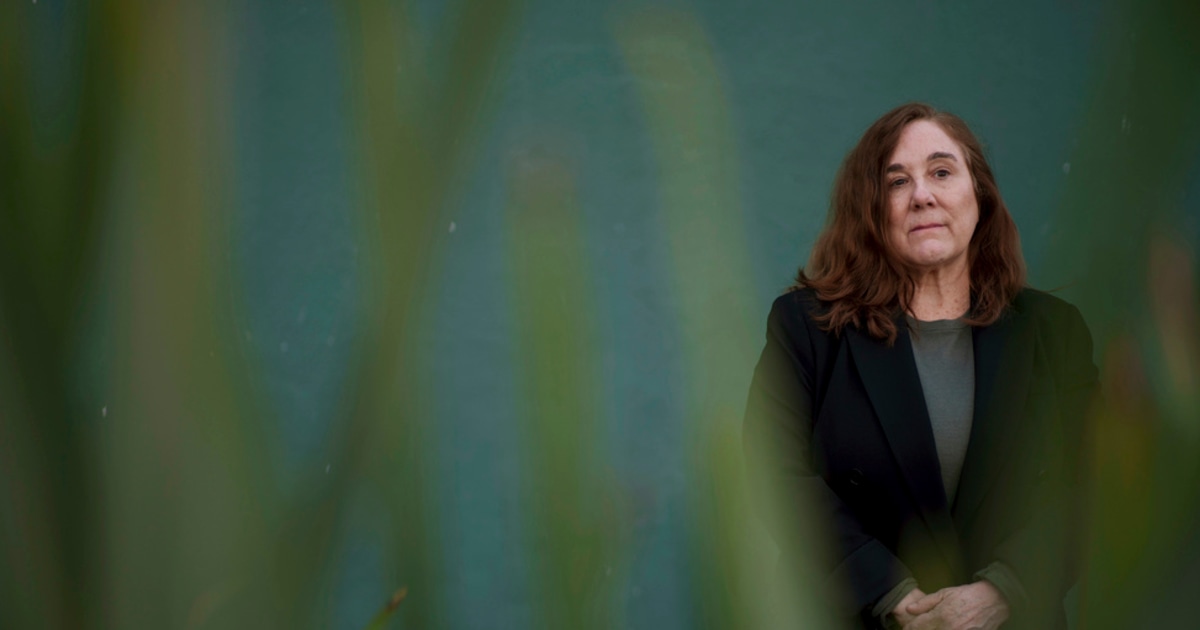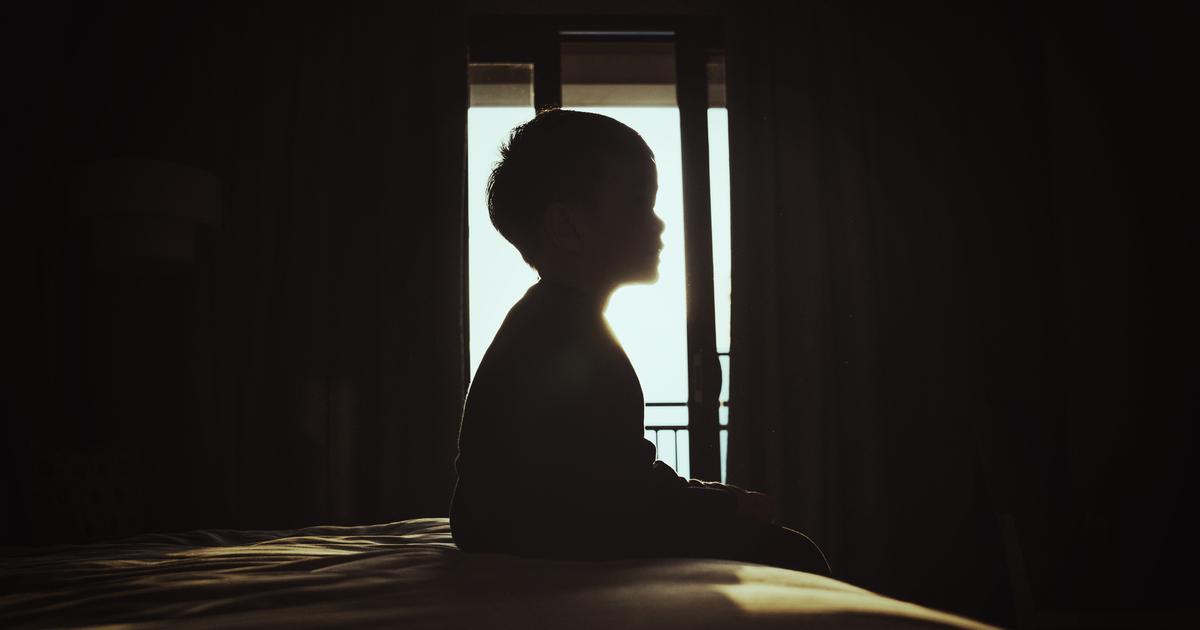Want to protect your children from sexual abuse at school?
This is what you need to do
Every year thousands of sexual assaults occur in schools, and not all of them are reported.
How are children encouraged to report sexual abuse and also to identify and arrest them in real time?
An expert explains
Dr. Shira Super-Vital
20/12/2021
Monday, 20 December 2021, 00:04 Updated: 00:15
Share on Facebook
Share on WhatsApp
Share on Twitter
Share on Email
Share on general
Comments
Comments
Sexual violence and sexual assault among high school students are phenomena that we often hear about in the media, as is now happening with high school rape cases in Tel Aviv. Problematic situation: The data from the Ministry of Education in this report show that over 4,500 cases of sexual assault were referred to the Sexuality and Prevention of Sexual Assault Unit in the school year, compared to the previous year in which about 3,700 cases were referred.
Only in a quarter of the reported cases there is a reporting obligation, which means that there are additional cases that do not reach the system.
More on Walla!
Young people who use marijuana are at increased risk for heart disease
To the full article
One of the issues that bothers parents and educators is how children and teens can be encouraged to report incidents of violence and sexual assault.
Children and adolescents sometimes avoid reporting, due to barriers and emotional-social difficulties associated with the injury case itself.
This may be the much shame and embarrassment felt by the victim of the injury, sometimes with self-blame and "self-flagellation."
The fear of public exposure, the reaction of parents and family, educators and classmates, also sometimes prevents the victim from reporting the harm he or she has experienced.
Signs of support and identification with the girls meeting from the rape affair in high schools in Tel Aviv (Photo: Photos by surfers, Dana Mazuz)
Some victims avoid reporting due to the difficulty of remembering the pain, humiliation and shame that will be expected when reporting.
The victim emotionally disconnects from the case and represses it as part of his defense mechanism.
Fear of the offender, a feeling of pity for him or a fear of inflicting "damage" on him or his relatives, may also prevent the victim from reporting the injury.
How can the bond of silence be broken?
As educators and parents we need to know the possible reasons for the bond of silence. We must teach students to identify “warning signs” and give them a safe space to share that includes a respectful place for barriers and difficulties of children and adolescents to intervene and also to report. We must establish in the child the attitude: "There is doubt - there is no doubt." One of the important messages is that when they suspect that it is a case of sexual violence, they should try to prevent it and immediately report to an adult they trust in their immediate environment (parent, teacher, counselor, etc.). We must emphasize to the child that even when there are many present in the situation, he has a responsibility, as if only he is present in it alone. We need to talk to the child and clarify how different types of sexual violence are manifested, both in the physical space and in the virtual space.
Along with the need for reporting, we will talk to the child about respectful and proper discourse in the face of contemptuous discourse, and acts that are considered "crossing the border" in terms of sexual violence (what is allowed and what is forbidden).
The discussion with the child about sexual violence and its meaning develops the child's social awareness and his ability to identify different points of view regarding social situations, and in particular situations of sexual violence.
We must encourage not only the duty to report, but also an understanding of how to prevent 'sexual assault' by explaining its consequences.
Also talk to the child about the future consequences that may be caused to the victim as a result of the injury: feelings of loneliness, depression, post-traumatic stress disorder, damage to self-image, avoidance of making social connections and more.
Sexual violence in the education system is nothing new, but recently we are hearing more about it.
Students enter school (Photo: ShutterStock)
More on Walla!
There is no holiday on the horizon: this is how you will help your children enjoy the routine months
All day at work?
This will make your time with the children meaningful
The secret to improving your sex life - now on a special sale
The phenomenon of sexual violence in and out of the educational space is not new.
But, it seems that especially in recent times, we are hearing more and more about sexual violence between male and female schoolgirls.
The responsibility for creating a safe space and an optimal climate for the prevention of sexual violence is a major task facing educators in schools as well as parents.
We must teach children and adolescents in practice to identify situations of sexual violence, to develop in them a sense of empathy and social responsibility, and to equip them with the tools and practices for the possibilities of intervening in these situations.
Dr. Shira Super-Vital is a lecturer in the Department of Education and Society, Ono Academic Campus
health
parenthood
Tags
Sexual offenses
Ounce
School
Adolescents
Sex education





/cloudfront-eu-central-1.images.arcpublishing.com/prisa/K4JFDANMAVBYBH3ZIV3ODYU474.png)
/cloudfront-eu-central-1.images.arcpublishing.com/prisa/YU6JYS64KNDZNHHGXA3QMTYNGY.jpg)
/cloudfront-eu-central-1.images.arcpublishing.com/prisa/EUQOASQFHBD7HMWZRD25MRK3ZQ.jpg)

